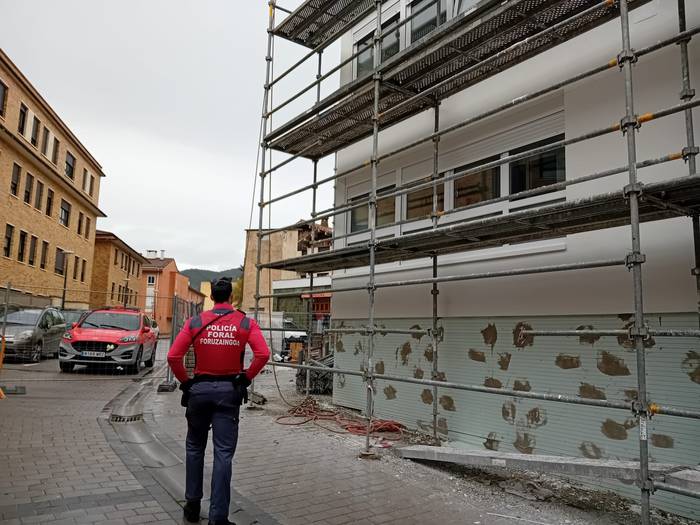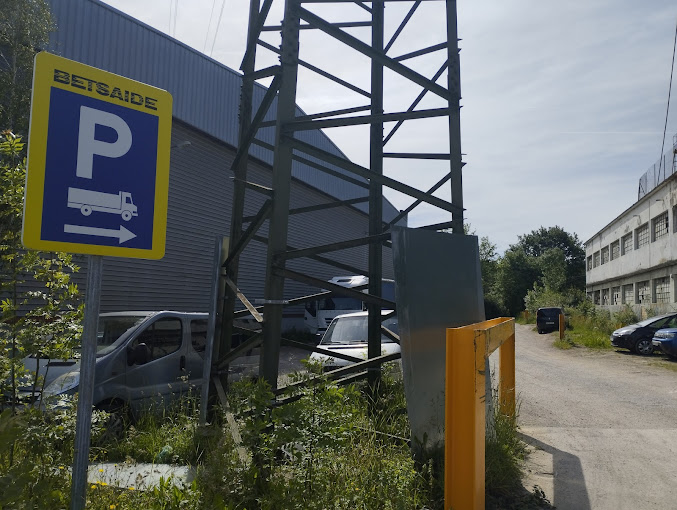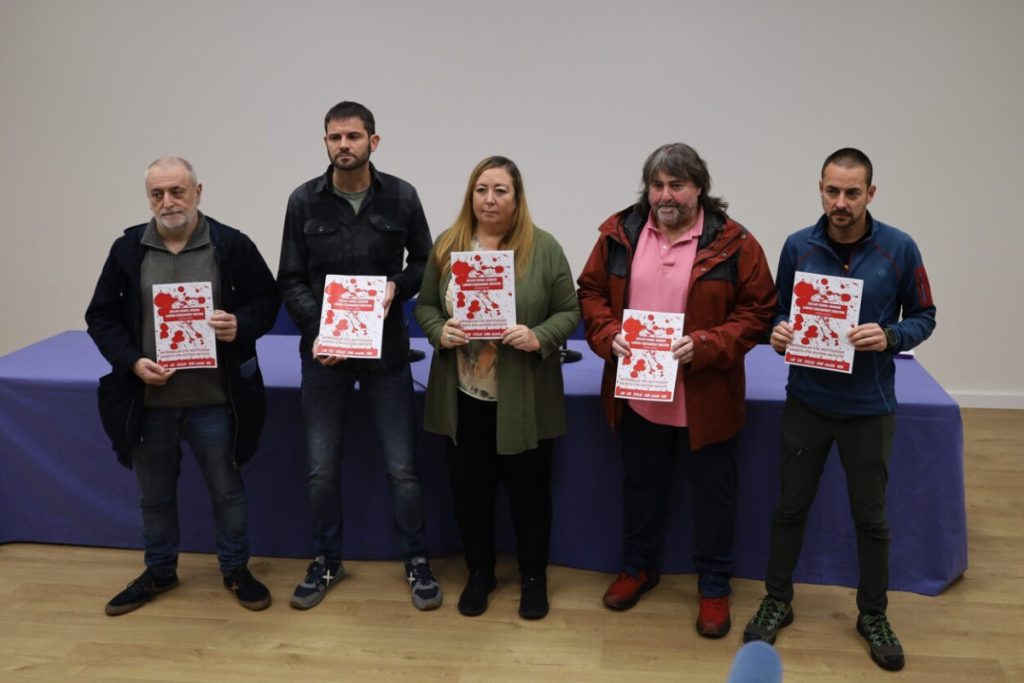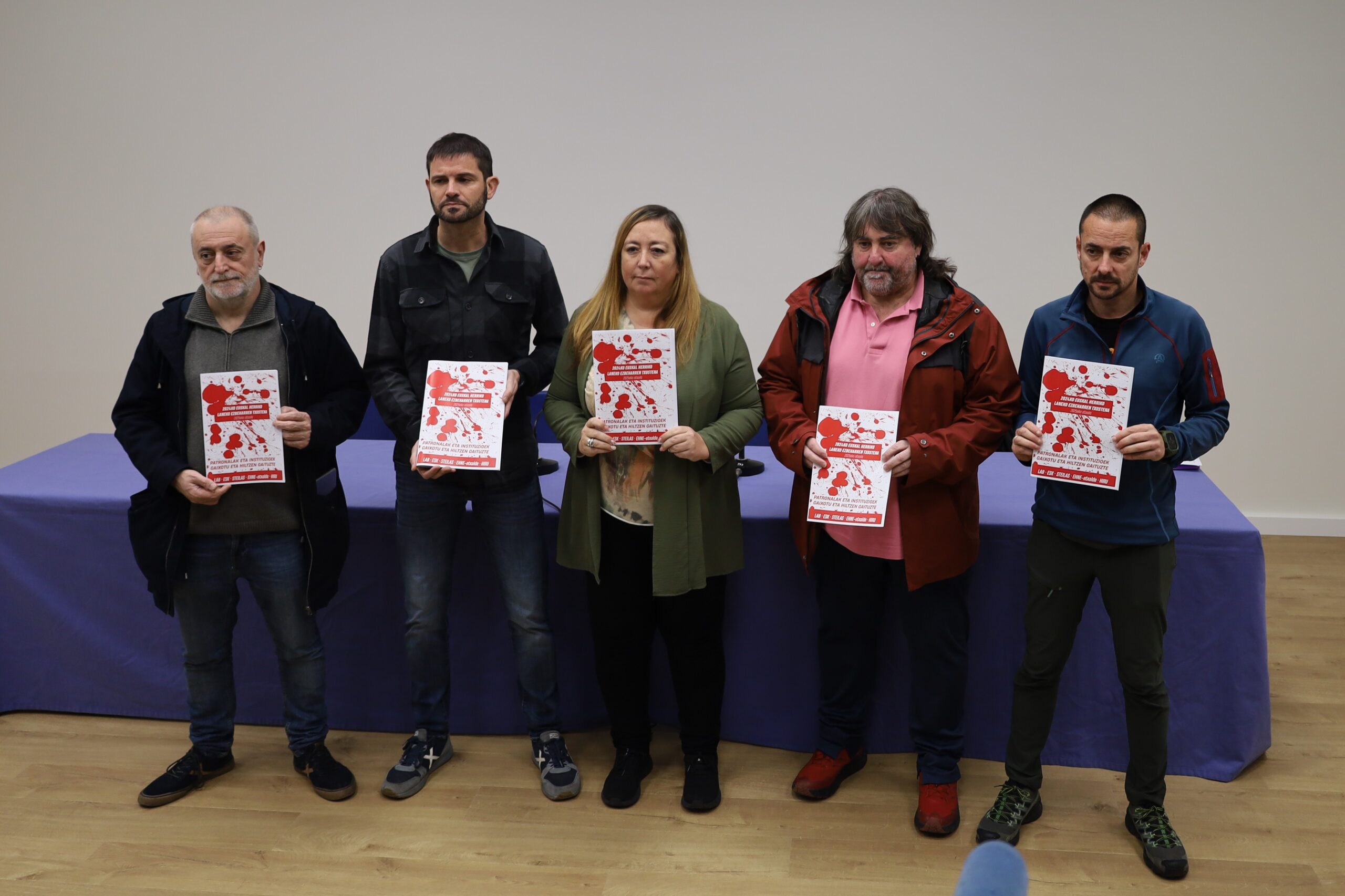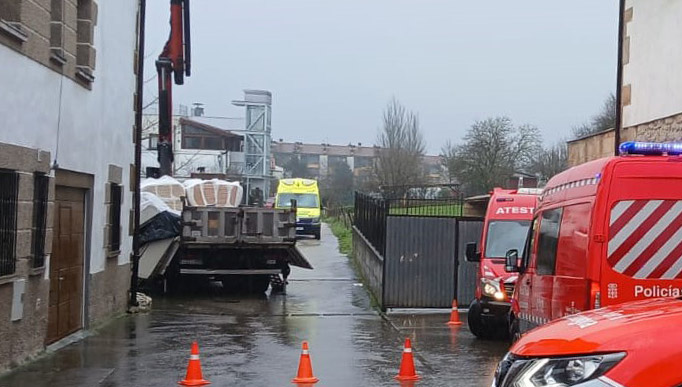Austericide: the crisis does not die but the cutbacks
- Researchers David Stuckler and Sanjay Basu have shown in a new book that the cuts and fiscal policies that, led by the International Monetary Fund and the World Bank, have triumphed in the world as in Europe cause serious damage to the physical and mental health of citizens. I mean, austerity kills you.

Last April the triple suicide occurred in the Italian city of Civitanova March. The marriage formed by Anna Maria Sopranzi (68) and Romeo Dionisi (62) was fighting for surviving with a pension of about 500 euros, but it was due to several months of household income.
Dionisi was under the cutbacks of the Government of Rome, including the delay in the toilet age. Like thousands of others, it was found without the support of social aid. On April 5, she and her wife left a note in the car to the first neighborhood asking for forgiveness and then they hung up in the garage of the house. The brother of the woman, Giuseppe Sopranzi (73), threw himself into the Adriatic Sea upon hearing the news.
David Stuckler and Sanjay Basuk start the article “How Austerity Kills” in the New York Times. The Body Economic has written between the two: Why Austerity Kills, in Spanish, presented with the title Why austerity kills: the human cost of cutting policies. It was presented in Madrid at the beginning of June this year. There are references to the book in all languages of the Internet.
Stuckler is Head of Research in Sociology at Oxford University, Basu is a Professor of Medicine and specialises in Epidemiology. The relationship between unemployment and suicide rates for researchers has been demonstrated since the nineteenth century. “But if suicides were the fundamental consequence of economic crises, the story of the human price of this Great Recession would be different. But that's not the case. Countries that have weakened health and social protection, Greece, Italy and Spain, have far worse health data than those in Germany, Iceland and Sweden, which have chosen anti-austerity incentives and have maintained social protection networks.”
Public health experts had long observed that in the endless discussions of the economic crisis politicians paid little attention to the human costs of the measures they themselves had decided upon. At the same time, there is plenty of literature linking crises with human health. But Stuckler and Basu say the problem isn't the crisis. “The collapse of the economy does not make people sick, while fiscal policy can become a life-and-death problem.”
They have cited Greece as the first in Europe to implement the brutal cuts in public health, a 40% drop by order of the declining Troika since 2008, 35,000 doctors and street caregivers, more expensive medicines, difficulties to go to doctors... “The infant mortality rate has increased by 40 per cent in Greece, due to the interruption of syringe distribution by duplication of AIDS contamination [decreasing to half a dozen instead of 200 a year], malaria cases have been repeated in the south...”
Prioritizing privatization to life
The case of Iceland is the opposite. Despite the fact that the crisis was halfway, the Icelanders decided by two referendum not to rescue the banks and to pay their foreign debt on time. The economy has started to recover and there have been no cutbacks at the health level. Suicide rates have not changed.
But one of the exceptions is that of Iceland, along with Finland and others. Since most governments in Europe and North America started cutbacks, researchers believe that the numbers of suicides have increased by 10,000 until then. In this case, Greece has gone from being the lowest part of Europe to the top of the board, increasing by 60%. In addition, each time the target is reached, 10 more attempts are recorded, more depressions that do not go so far. Huge quantities.
Stuckler and Basu believe that failures in public health have not yet reached their peak, as the cutbacks in Spain began later. They say the chronicles that many of those who attended the presentation in Madrid were surprised by the rich documentation of both, amazed that in Spain it is very difficult to obtain such information.
They have cited Britain as an example of how austerity kills. They have compared the spoils and suicides of the local economy over the last decade, which has been very clear to them that these do not change with the avatars of the economy, but with the austerity measures imposed by the government.
An explanatory detail. Stuckler and Basu have shown that the amount of money lost by the state for fraud by poor people is lower than the amount paid to the specialised company to prevent fraud.
The researchers have carried out the test to check whether the cuts are lethal or not, and have done so by investigating during the dismantling of the USSR. Following the dissolution of the Soviet Union in 1991, the Russian economy collapsed. Poverty increased, life expectancy fell, particularly among young people of working age.
But things did not happen in the same way throughout the Soviet territory. In the countries of Russia, Kazakhstan and the Baltic, when the governments of the countries applied shock therapy, suicides, heart attacks and alcohol deaths increased. On the contrary, the health of citizens in Belarus, Poland and Slovenia, which governments have set up more gradually, did not suffer as much.
A similar fact happened after the Asian financial crisis of 1997. Thailand and Indonesia took over the prescriptions of the International Monetary Fund, increasing hunger and infectious diseases. Meanwhile, Malaysia faced the IMF and better maintained the lives of its citizens.
As in the case of an emergency after the passage of water, the IMF has asked for forgiveness over and over again... too late. Having recognised that he was wrong in Asia in 2012, he has just acknowledged that he has done the wrong calculation in Greece.
So if that's proven, why are governments still saving banks and condemning citizens' lives? “By ideology, this is no other reason. Politicians use the crisis to privatize public goods.”
In the presentation of Madrid, Stuckler especially highlighted the bad numbers involved in the privatization of the Catalan health system. As in Australia and Britain, it has begun to show the failure. In the end, the worst care of the population is paid more for. “If the clinical trial was out of austerity, it was already interrupted by fatal collateral damage.”
Zenbait urtetatik hona sarri entzuten dugun kontzeptua da zaurgarritasuna. Gaur gaurkoz, diskurtso politikoetan pertsona zaurgarriez aritzea ohikoa da. Seguru nago nik ere inoiz erabili dudala berba hori Bizilan.eus webgunean, eskubide laboralak eta prestazio sozialak azaltzeko... [+]
Economists love the charts that represent the behaviors of the markets, which are curves. I was struck by the analogy of author Cory Doctorow in the article “The future of Amazon coders is the present of Amazon warehouse workers” on the Pluralistic website. He researches the... [+]
Buñueleko (Nafarroa) kasuan, 34 urteko gizona makina batean harrapatuta geratu da. Arratzun (Bizkaia), aldiz, garabiak goi-tentsioko linea bat ukitu ostean hil da 61 urteko gizona.
Betsaide enpresan gertatu da, 08:00ak aldera. Urtea hasi denetik gutxienez bederatzi behargin hil dira.
2024ko laneko ezbeharren txostena aurkeztu dute LAB • ESK • STEILAS • EHNE-etxalde eta HIRU sindikatuek aurtengo otsailean. Emaitza larriak bildu dituzte: geroz eta behargin gehiago hiltzen dira haien lanpostuetan.
Jakina da lan ikuskariak falta ditugula geurean. Hala ere, azken egunotan datu argigarriak ematea lortu dute: lan ikuskaritzaren arabera, EAEko enpresen %64ak ez du ordutegien kontrolean legedia betetzen. Era berean, lehendakariordeak gaitzetsi du, absentismoaren eta oinarrizko... [+]














